
下载亿题库APP
联系电话:400-660-1360

下载亿题库APP
联系电话:400-660-1360

请谨慎保管和记忆你的密码,以免泄露和丢失

请谨慎保管和记忆你的密码,以免泄露和丢失

小伙伴们,雅思考试大家复习的怎么样了呢?下面是帮考网分享的一些雅思考试阅读部分的复习资料,一起来看看吧!
文章:ON a stage decorated with tinsel(金箔) and fairy lights, Liu Changsheng is singing “The East is Red” into a microphone, wearing a yellow and grey tracksuit(运动套装). For Mr Liu, the Maoist anthem(赞美诗;颂歌) of the 1960s may arouse memories more vivid than those he has of his immediate past. Now in his seventies, he has dementia(痴呆症), an incurable brain disease that is often revealed by a loss of short-term memory(短时记忆). For two years Mr Liu has lived at the Qianhe Nursing Home in northern Beijing in a facility for around 75 dementia patients. They are among the few sufferers of this condition in China who receive specialist care.
Dementia has mostly been a rich-world sickness, because it becomes more common as people live longer. China is fast catching up. Life expectancy(期待寿命) increased from 45 in 1960 to 77 now, and the population is ageing rapidly: one person in six is over 60 now; by 2025 nearly one in four will be. Factors that increase the (age-adjusted) risk of developing dementia are also on the rise, including obesity(肥胖症), smoking, lack of exercise and diabetes(糖尿病).
Already about 9 m people in China have some form of dementia. In absolute terms, that is more than twice as many as in America.(从绝对数看,这个数字是美国的两倍以上。) It is also more than double the number in India, a country with a population similar in size to China’s but a much younger one. Nearly two-thirds of China’s sufferers have the form known as Alzheimer’s(老年痴呆症), cases of which have tripled since 1990. The number of Alzheimer’s patients may increase another fourfold between now and 2050.
China’s government is woefully(不幸地) unprepared for this crisis, with a severe lack of health-care provision for sufferers. So too is the public. Despite recent public-information campaigns, many Chinese regard dementia as a natural part of ageing, not as a disease, and do not know that it is fatal. Others see it as a psychological ailment(疾病) rather than a degeneration of the brain itself. It carries a stigma(污名) of mental illness, making sufferers and their relatives reluctant to seek help. This compounds(使......严重化) the suffering caused by dementia: active management can sometimes slow its progress.
Even at the Qianhe Nursing Home, where Mr Liu lives, some aspects of the care appear crude(初级的;原始的). A shared “activity” space for dementia sufferers has no games or toys to entertain them; relatives are discouraged from visiting more than once a week for fear of “disturbing” their kin (in the West, care homes encourage visits, which can be stimulating and provide a sense of warmth and familiarity). Some dementia patients end up in psychiatric wards, which cannot deal effectively with their specific requirements. There is an acute shortage of medical workers qualified to treat sufferers(合格的医护工作人员严重缺乏来治疗患者。). One reason is that few are attracted to the work. Zhang Xiurong, 50, a care assistant at Qianhe, is paid less than 3,000 yuan ($450) a month, close to the average national migrant wage, to provide all patients’ basic needs 12 hours a day, with only four days off a month. “No Chinese parent wants their one daughter to work in a hospital cleaning bedpans,” says Michael Phillips of the Shanghai Jiao Tong University School of Medicine.
In the West most patients go to a care home for the final brutal stages of the disease, which can last more than a year. In China families carry most of the burden from beginning to end. The government has long underinvested in social care, assuming that adult children will take responsibility(在社会照护方面,政府长期投入不足,认为应该由长大的孩子来负责。). But this is unsustainable. Plunging birth rates since the 1970s, exacerbated(使加重;使恶化) by a one-child-per-couple policy, mean that the number of working-age adults per person over 65 will fall by 2050 from ten to 2.5. Migration into cities (see article) is leaving some elderly people in the countryside without family members to care for them.
Need for new thinking
The government has been slow to recognise the scale of the problem. It funds some dementia research, but the money goes to scientists looking for a cure, rather than to those trying to find ways of alleviating(减轻) the suffering of patients who have no chance of one. (政府资助了一些痴呆症研究,但是拥有经费的科学家们寻找的是治疗方案,而不是致力于找到办法来减轻那些根本没治的病人的痛苦。)“People don’t get Nobel prizes or grants for developing a strategy for community care,” says Dr Phillips.
好了,以上就是今天分享的全部内容了,各位小伙伴根据自己的情况进行查阅,希望本文对各位有所帮助,预祝各位取得满意的成绩,如需了解更多相关内容,请关注帮考网!
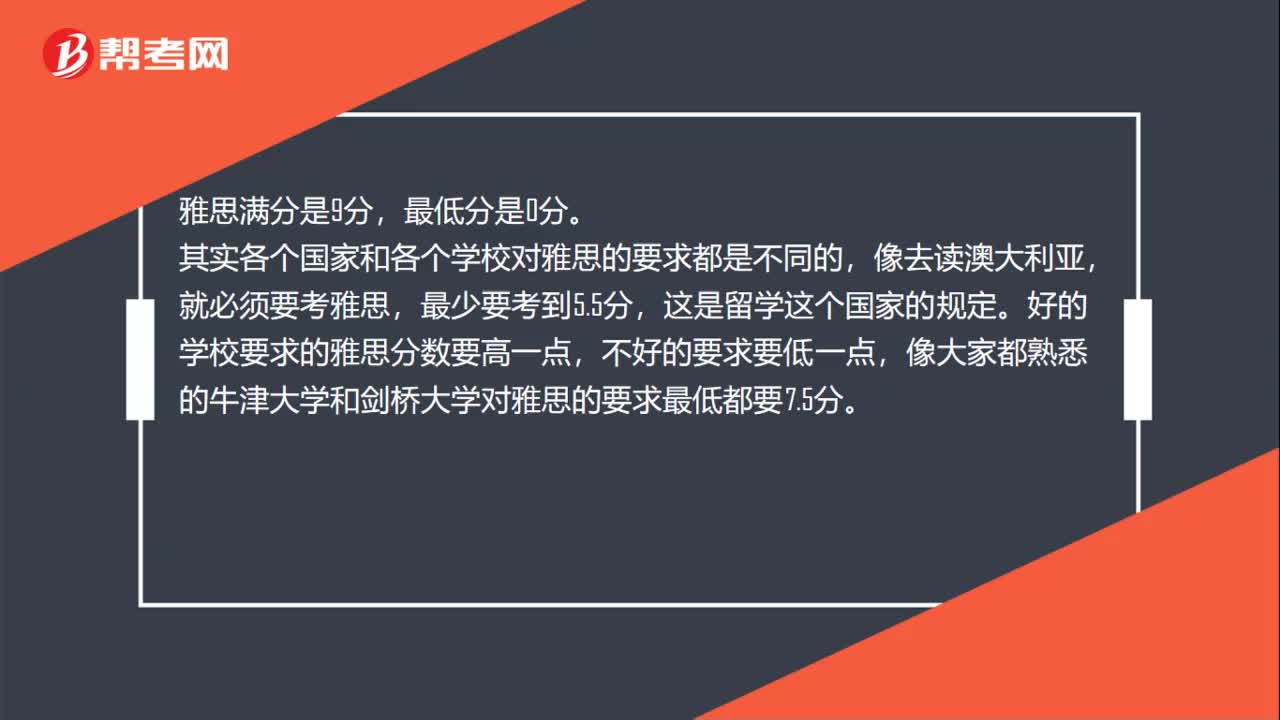 36
36雅思考试总分是多少?:雅思考试总分是多少?雅思满分是9分,最低分是0分。其实各个国家和各个学校对雅思的要求都是不同的,像去读澳大利亚,就必须要考雅思,最少要考到5.5分,这是留学这个国家的规定。好的学校要求的雅思分数要高一点,不好的要求要低一点,像大家都熟悉的牛津大学和剑桥大学对雅思的要求最低都要7.5分。
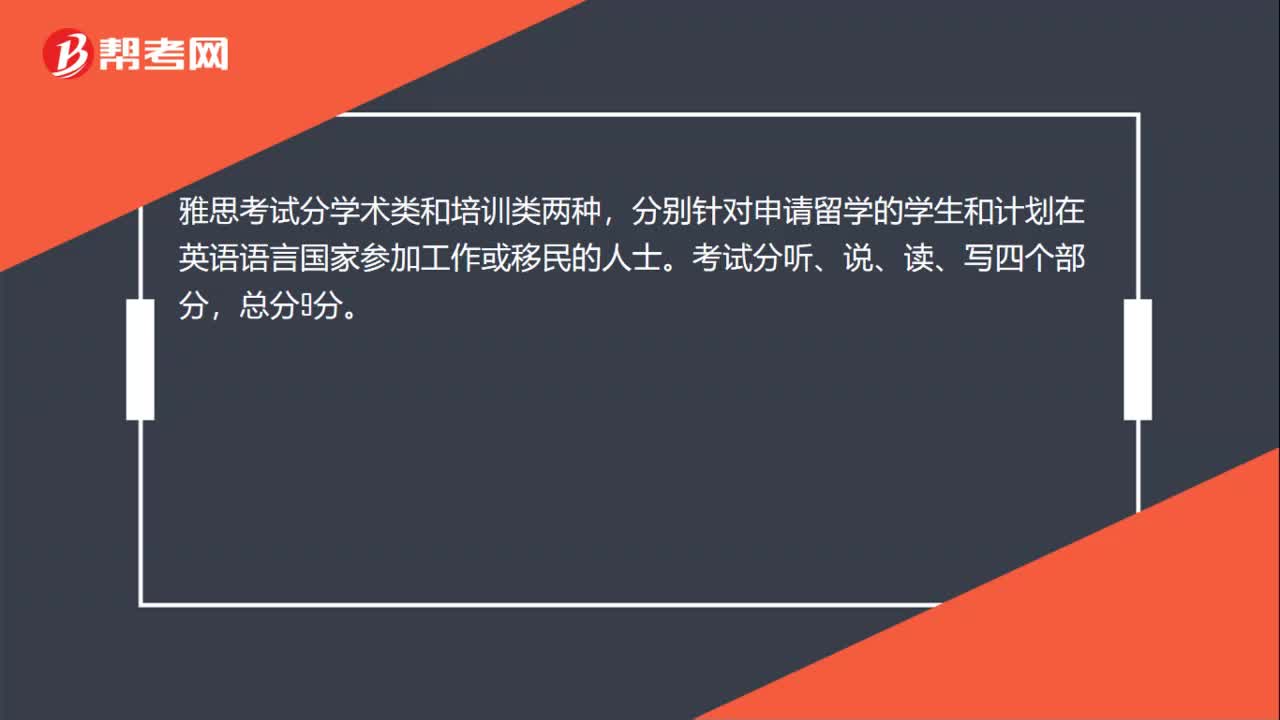 21
21雅思考试有几种类型?:雅思考试有几种类型?雅思考试分学术类和培训类两种,分别针对申请留学的学生和计划在英语语言国家参加工作或移民的人士。考试分听、说、读、写四个部分,总分9分。
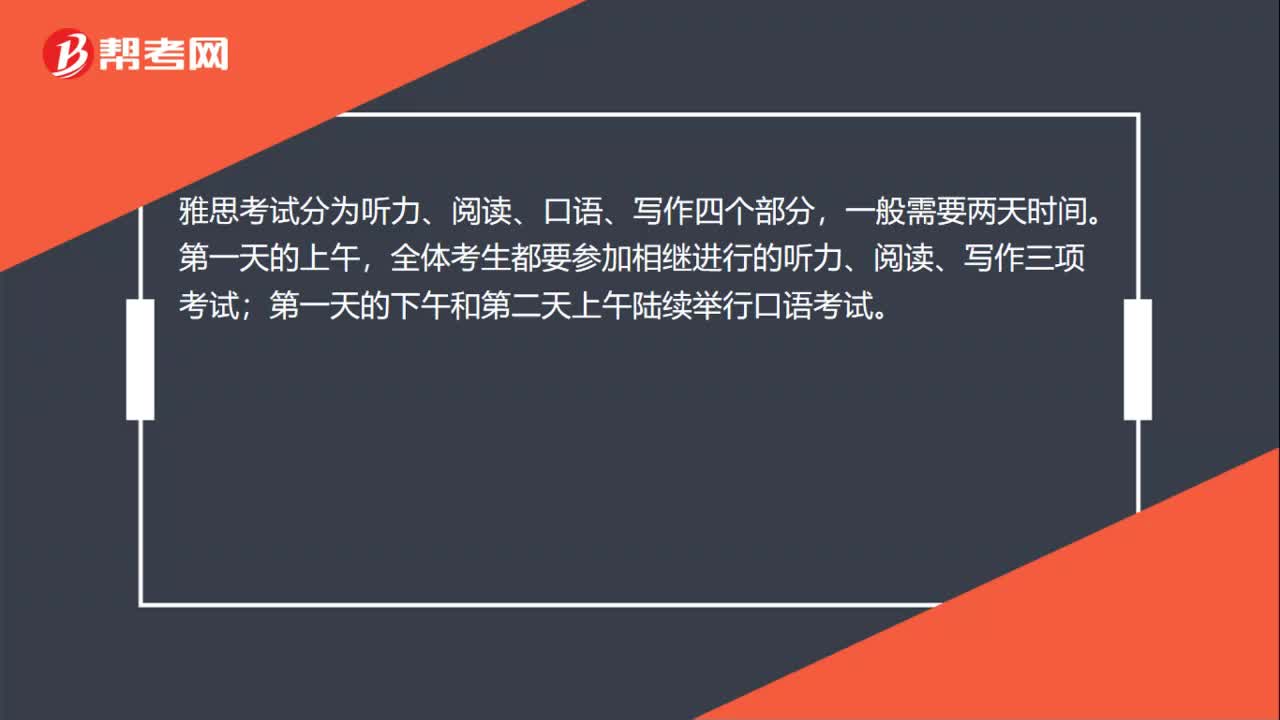 26
26雅思考试内容有哪些?:雅思考试内容有哪些?雅思考试分为听力、阅读、口语、写作四个部分,一般需要两天时间。第一天的上午,全体考生都要参加相继进行的听力、阅读、写作三项考试;第一天的下午和第二天上午陆续举行口语考试。
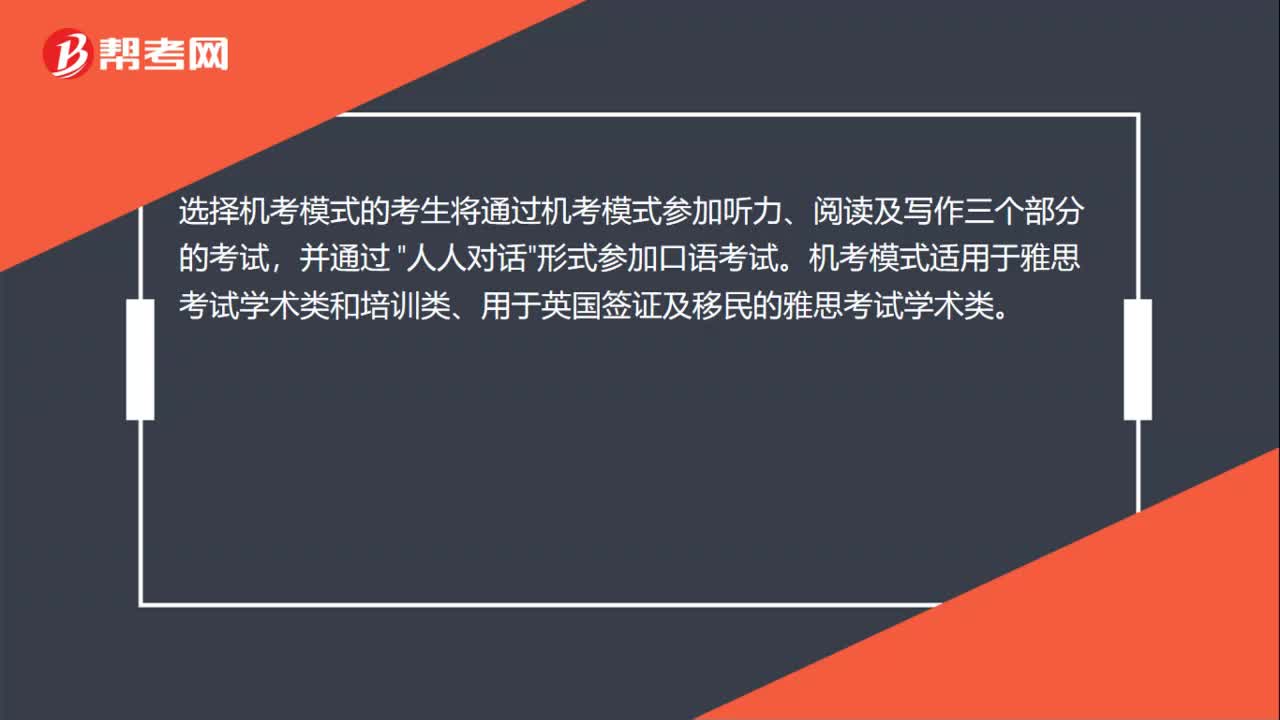 01:24
01:242020-06-01
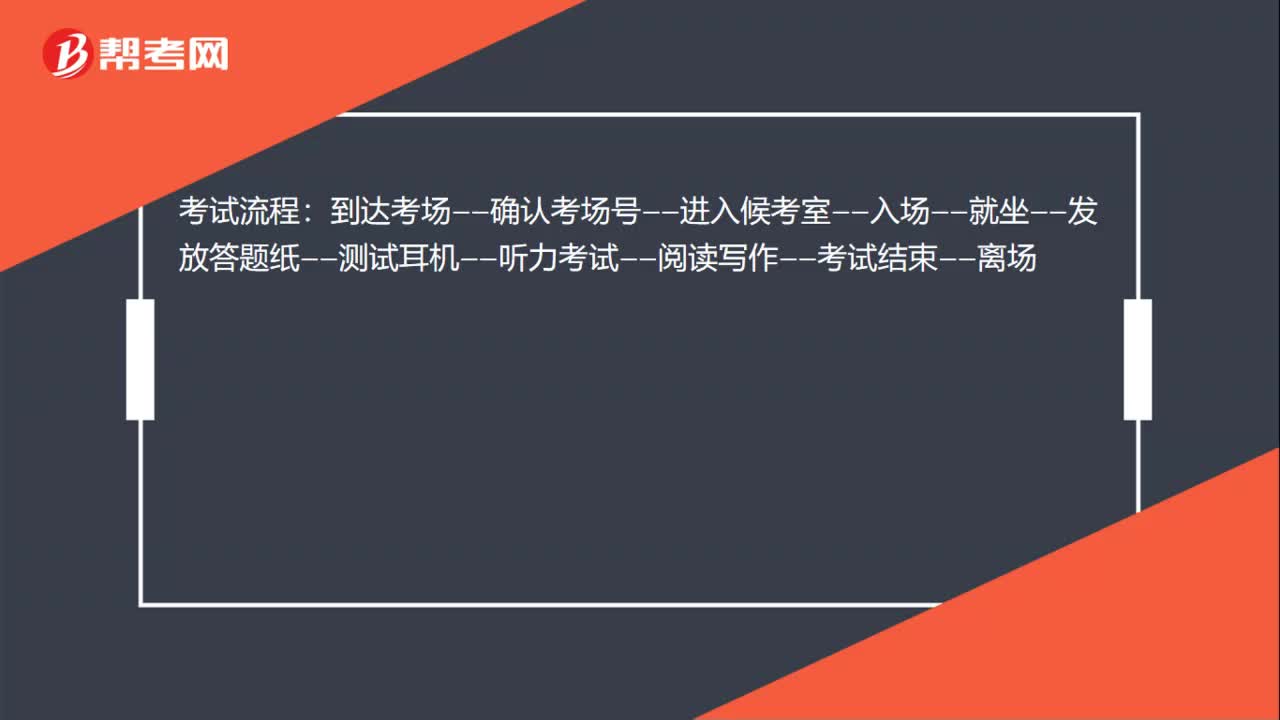 01:16
01:162020-06-01
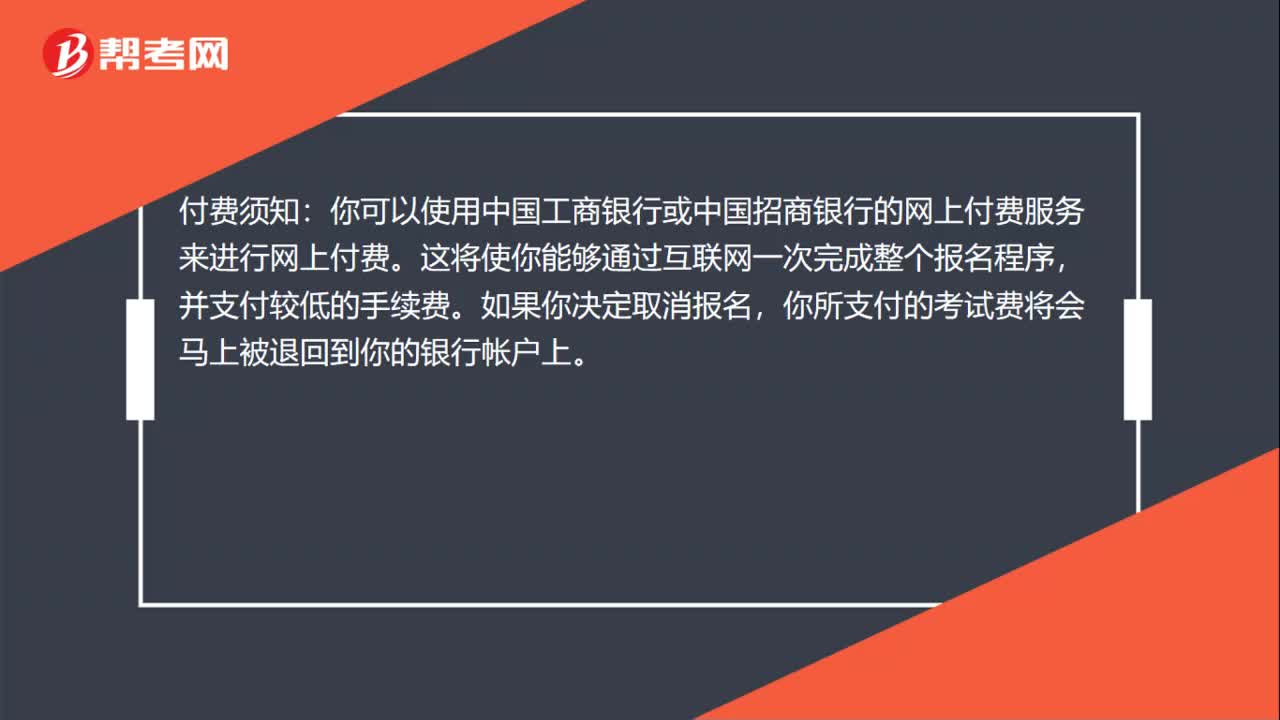 02:06
02:062020-06-01
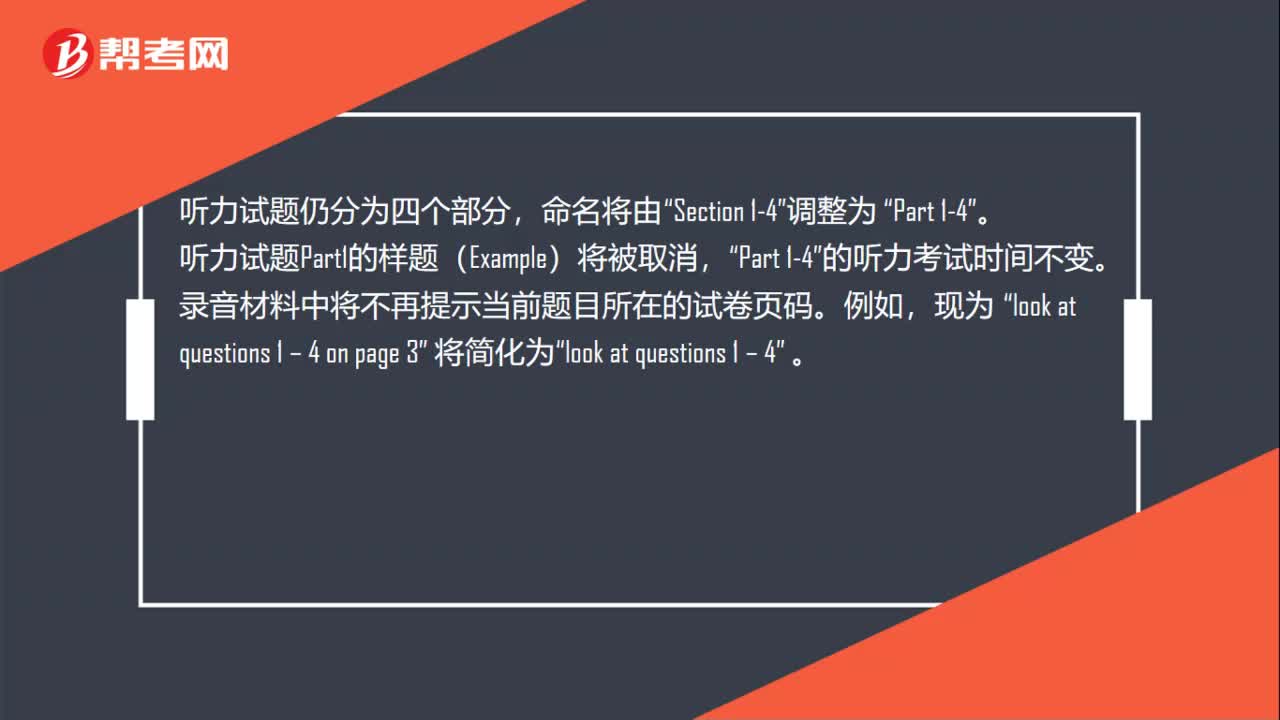 01:06
01:062020-06-01

微信扫码关注公众号
获取更多考试热门资料